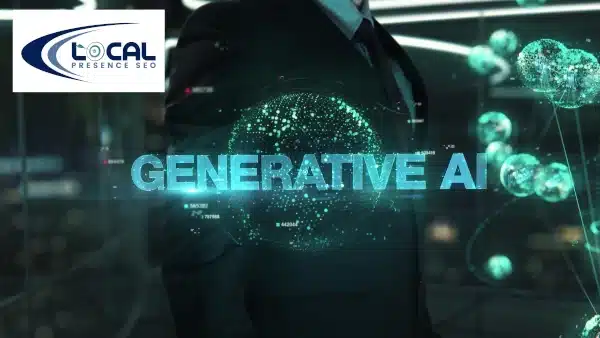Generative AI and Search Intent Knowledge

Generative AI and the emergence of AI-powered search engines and AI-based content tools are the biggest changes in SEO. And here’s how it’s changing SEO:
AI Trends Affecting SEO:
1 Generative AI in Search Engines.
Such search engines as Google are now showing AI-driven responses at the bottom of search results (for example, Google’s SGE – Search Generative Experience). But instead of SERPs (Search Engine Results Pages), you could now get AI-curated summary of what you are looking for without even visiting a site.
SEO Impact:
Lower organic CTR since the user receives the solution right on the SERP.
Focus on more structured data and content relevancy to get your site into the AI lists.
What to Do:
Be Relevant to Featured Snippets and People Also Ask.
Schema markup to help the search engines understand what you’re writing.
: Write very trusted content for search engines to include in Ai summaries.
2 AI-Enabled Content Creator and Optimising Tools.
ChatGPT, Jasper and Surfer SEO use AI that helps marketers build optimized content quickly. But now Google’s algorithms (including Helpful Content Update) prefer to have the human-focused, helpful content, not the artificial-based nonsense.
SEO Impact:
More content-creation competition but AI content won’t always be ranked well.
Google goes for E-E-A-T (Expertise, Experience, Authority, and Trustworthiness) in the fight against shoddy AI content.
What to Do:
Use AI tools for research and design but still keep humans in the loop for special knowledge.
Concentrate on high quality, expert content that goes right to the heart of search query.
3 Understand Search Intent and Segment, Personalization
AI algorithms are also a great deal better at deciphering what the user is searching for and then returning relevant results based on the activity, location, and taste.
SEO Impact:
Search term targeting alone is no longer enough. You have to be intent optimized (informational, transactional, navigational).
UX/engagement — now rank factors.
What to Do:
Search intent mapping is key, so your content is in alignment with what people are actually searching for.
Do better with your website UX, Mobile Compatibility, and Core Web Vitals to be ranked higher.
4 Voice Search and Chat-Based Searches.
Artificially intelligent voice assistants such as Google Assistant, Siri and Alexa have shifted search habits. More conversational and longtail queries.
SEO Impact:
It is never more important to focus on long tail keywords and natural language optimization.
Questions should be written for FAQ’s and a conversational style.
What to Do:
Make your content conversational using natural language processing (NLP).
Add FAQs to get voice search visitors.
Conclusion: What To Do To Get Ahead of AI-Powered SEO.
Gear for AI-driven search like featured snippets and People Also Ask.
Rely on E-E-A-T (Expertise, Experience, Authority, Trustworthiness).
Gain relevance, intent matching, and experience for content.
Be selective about AI tools when writing content, but keep your content human-centric.
Voice Search and Long-Term Conversational Keywords: Optimize for Voice Search.
AI is changing SEO, but the secret sauce is still the same: Make quality, people-oriented content that search engines love and users trust. 💻📈














